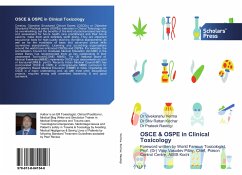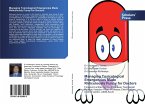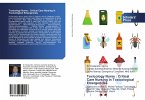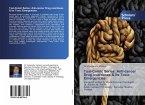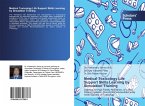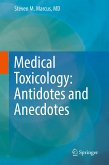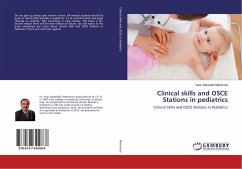Creating Objective Structured Clinical Exams (OSCEs) or Objective Structured Practical exams (OSPEs) exercises in Clinical Toxicology can be overwhelming, but the benefits of this kind of practice-based learning and assessment for future health care practitioners and their future patients, make them work definitely worth doing. They are important educational tools for high-quality teaching (formative assessments) as well as for the evaluation of basic and advanced clinical skills (summative assessments). Licensing and accrediting organizations around the world have embraced OSCEs and OSPEs. For example, the Accreditation Council for Graduate Medical Education (ACGME) in the United States has recommended them as key components of their assessment Tool-box(ACGME/ ABMS). The US National Board of Medical Examiners(NBME) implements OSCE-type assessments as part of licensure(USMLE- part2). Recently Indian Medical Council-MCI has incorporated OSCE & OSPE in undergraduate MBBS curriculumfor Competency Based Medical Education (CBME) in India. Organizing an OSCE is a major undertaking and, as with most other educational projects, requires strong and committed leadership & and good teamwork.
Bitte wählen Sie Ihr Anliegen aus.
Rechnungen
Retourenschein anfordern
Bestellstatus
Storno

